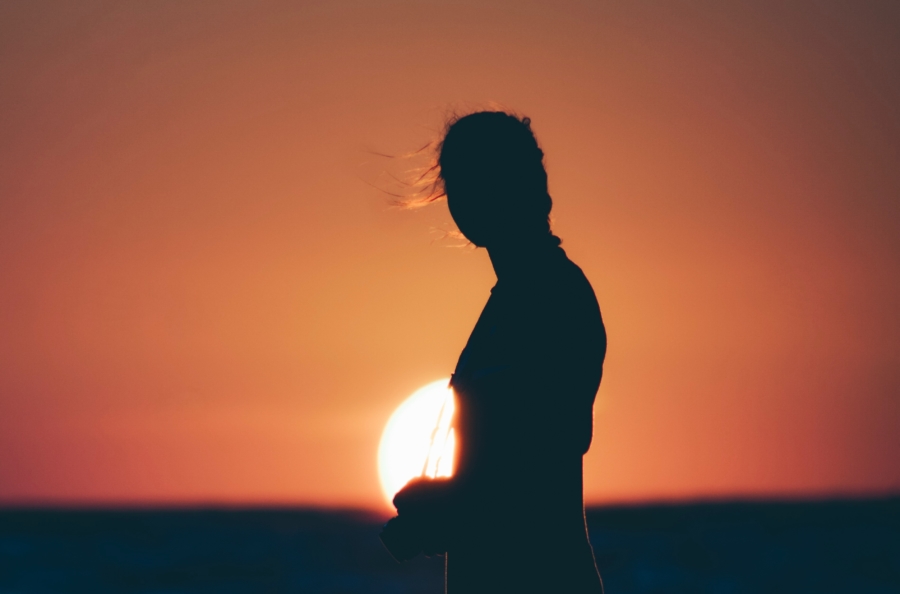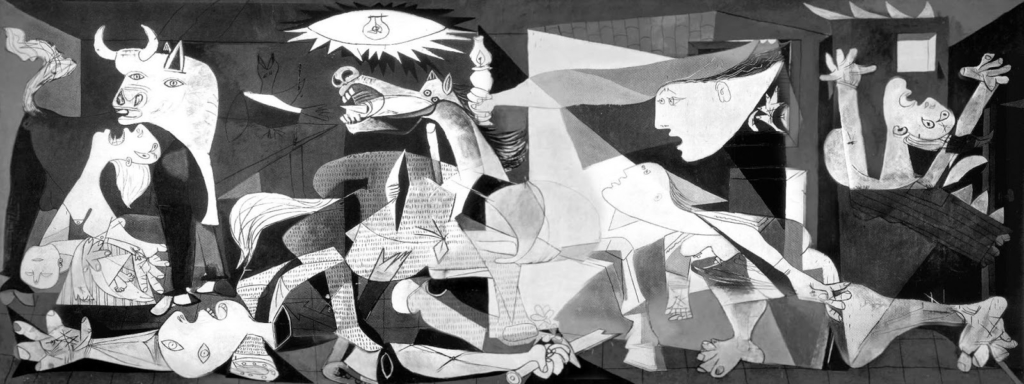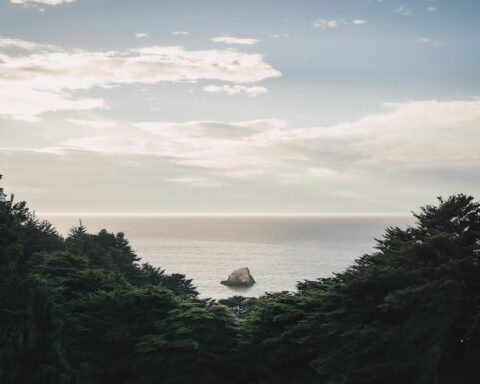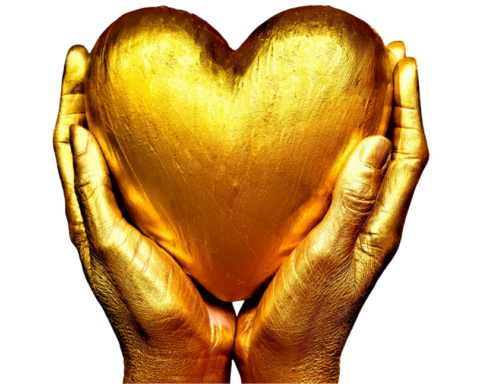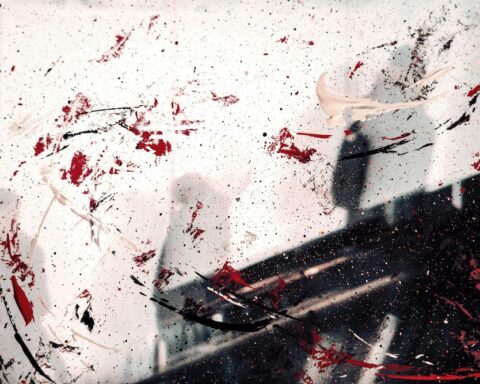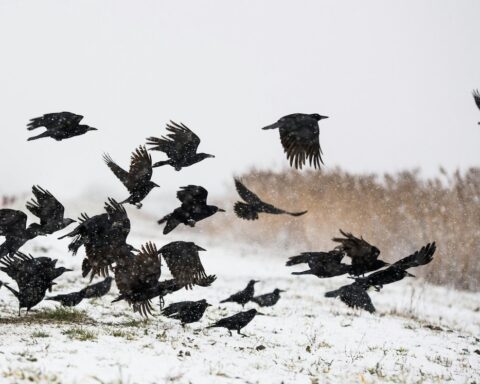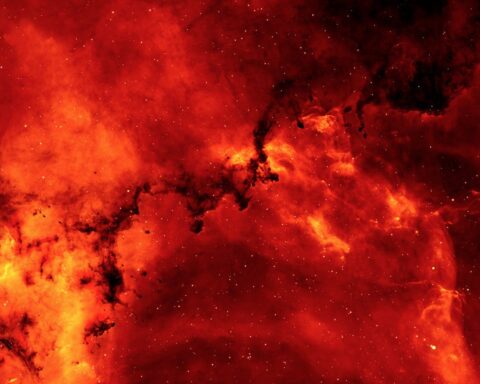In the middle of the journey of our life I found myself
within a dark woods where the straight way was lost.
― Dante Alighieri, The Inferno
1.
After we drive one thousand six hundred thirty miles,
walk across a parking lot, take a final step, and
the world opens like only the Grand Canyon
can, after we hear a guy tell his worried wife,
“Don’t worry, we won’t need to carry water;
they’ll have Coke machines on the way down,”
Mitch and I decide the Bright Angel trail isn’t for us
since it could either be full of people who think
there are Coke machines on the way down
or, this being 1975 America,
there are Coke machines on the way down.
“You boys look fit enough,” the park ranger tells us.
“Take the Boucher Trail.”
Boucher as in touché, we will learn.
2.
Many years later, I’ll read this:
The Boucher Trail offers access to a charming
and secluded part of the Grand Canyon, but
the beauty has a price. The Boucher challenges
even experienced canyon hikers. The trail consists
of tough, tedious traverses linked together by knee-
destroying descents, with a section of exposed hand
and toe climbing thrown in for good measure.
Going on to say…
The only reliable water along the Boucher Trail
is Boucher Creek and the Colorado River.
None of which the park ranger tells us.
3.
Picture two sun-scorched young men staggering
across a rugged plateau ten hours into a torturous hike
that should have led to Boucher Creek two hours ago,
sun dropping like an egg yolk above an empty bowl
as they stumble over cacti, speak to skittering lizards,
and slurp juice from a final can of peaches.
Canteens empty. No Coke machine in sight.
4.
Louie Boucher, the mid-nineteenth century
Grand Canyon hermit/prospector whose burrows
spawned burrows that spawned wild burrows
who created the trail upon which we stumble,
once participated in the unsuccessful search for two men
found dead in the Colorado River.
“Are those ravens overhead?” I ask Mitch.
5.
“Do you think we’ll get out of here?” Mitch asks
as we struggle toward the darkening plateau edge
with little hope of finding a way down, both
of us unaware that more than forty years from now
we’ll find ourselves in a similar plight, this time
led astray by a billionaire, hate-filled, sybarite
the color of sandstone at sunset, our only hope that,
before the sun sinks beneath the rim
and we find ourselves in darkness,
a figure might appear in the distance once again,
small at first but growing larger.
A man? A woman? We can’t tell.
But whoever he or she turns out to be
will meet us at the edge, look
into our weary eyes, say,
You don’t look so good,
and lead us out.
Read More:
Louis Boucher: Canadian Guide to the Grand Canyon [Cowboy Country Magazine]
Once lost in the Grand Canyon, Mark Williams returned to Evansville, Indiana, after a rescuing stranger appeared in the distance. His poems have appeared in The Hudson Review, The Southern Review, Rattle, Nimrod, The American Journal of Poetry, Jokes Review, New Ohio Review online, New Poetry from the Midwest, and Tuck Magazine. This is his third appearance in Poets Reading the News.
Photo by Dan Russo.

